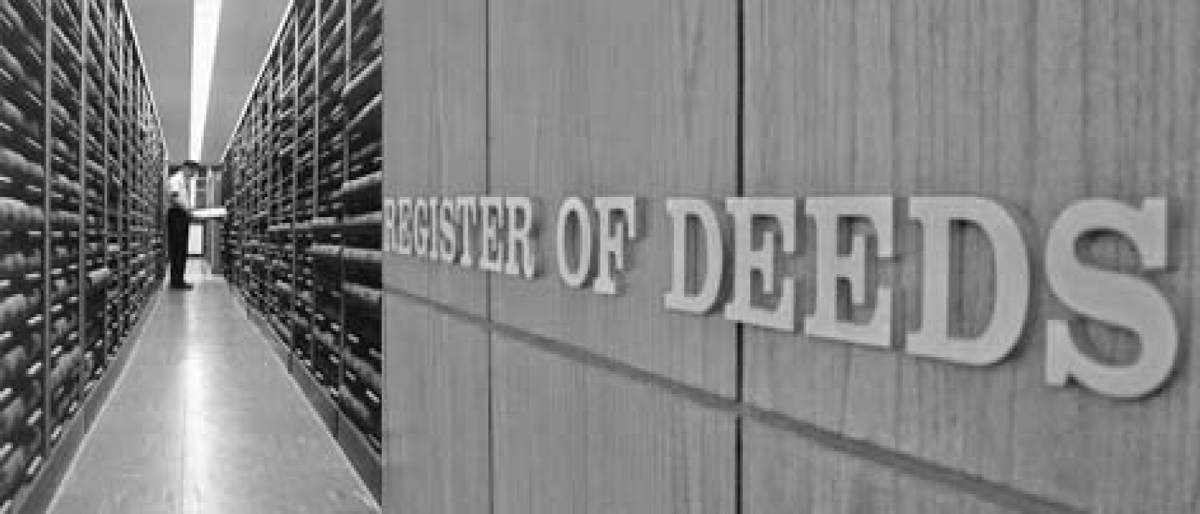
You are NOT on the Clay County official website, you are on Deeds.com, a private website that is not affiliated with any government agency.
The county clerk serves as recorder and is responsible for maintaining real property records in Clay County.
Recording Fees
STANDARD DOCUMENT-$94.00
STANDARD DOCUMENT (Exempt RHSP)-$74.00
NON-STANDARD DOCUMENT (four pages or less)-$112.00
SURVEYS (11 x17 maximum)-$94.00
Requires 2 originals, retained by Recorder, any additional copies will be returned to customer. New Subdivision Plats require Plat Act Affidavits.
PLATS OF SUBDIVISIONS (30 x 36 maximum)-$112.00
Requires 2 originals, retained by Recorder, any additional copies will be returned to customer.
DOCUMENT COPIES:
Certified Copies-$20.00
Certified Copy of Plats-$10.00
Non-Certified Copies (Micro)-$1.00 per page
Non-Certified Copies (Book/Page)-$1.00 per page
County recording fees are subject to change without notice. We recommend to contact the local recorder's office to verify this information.
Document Formatting Requirements
Only originals will be recorded. Documents should consist of one or more individual sheets of white paper measuring 8.5 x 11 inches. Individual sheets should not be permanently bound or in a continuous form. Graphic displays measuring up to 11 x 17 inches accompanying a document will be recorded with the document without additional fees. If an attached rider needs to be recorded with a deed, the rider should be permanently attached as an additional page on the back of the deed.
Use legible printing or typing, black ink, and a font size of at least 12 point. Signatures and dates can be in contrasting colors so long as they will reproduce clearly.
Deeds presented to the county recorder should have a blank space measuring 3 x 5 inches for the recorders use. This can be in the upper right corner on the first page. Failure to include this will not affect the validity of the deed. All other margins in the document should be at least an inch and free from all markings.
When a deed is made a matter of record, it shall have the names of the parties signing the instrument typed or printed below or next to the signatures, including the witnesses, if any, and the names of the parties or officers taking acknowledgment.
Signatures of the parties executing the instrument shall be acknowledged by a notary public.
A deed must contain the name and residence of the grantor, the consideration exchanged for the property, any covenants of warranty, the grantees name and address, and a legal description of the real property. In addition, the grantors original signature must be present.
Provide the name and address of the owner to whom subsequent tax bills are to be sent.
Include the name and address of the person who prepared the deed.
Whenever a metes and bound description is used in the legal description of real property, the metes and bounds description should contain the section, township, and range with an identifiable point of beginning.
An affidavit for purposes of the plat act is required to accompany a deed when 1) a metes and bounds legal description is given, 2) when roadway easements and right of way (ingress or egress) are designated, or 3) when a division of land five acres more or less is noted on a deed of transfer.
Declaration of Value
An Illinois Real Estate Transfer Declaration (PTAX-203) must be filed with deeds and any non-exempt transactions. The information requested on this form is requested by the Illinois Real Estate Transfer Tax law. All parties involved in the transaction must complete the form truthfully. This form is used to collect sales data and to determine if a sale can be used in assessment ratio studies. It is also used to compute equalization factors, which are used to help achieve a statewide uniform valuation of properties based on their fair market value.
If the property transfer is exempt from transfer tax, the PTAX-203 form is not required. A specific exemption number should be noted on the deed presented for recording. The Illinois Department of Revenue webpage has a list of exempt transactions. The form can be completed online or as a hard copy.